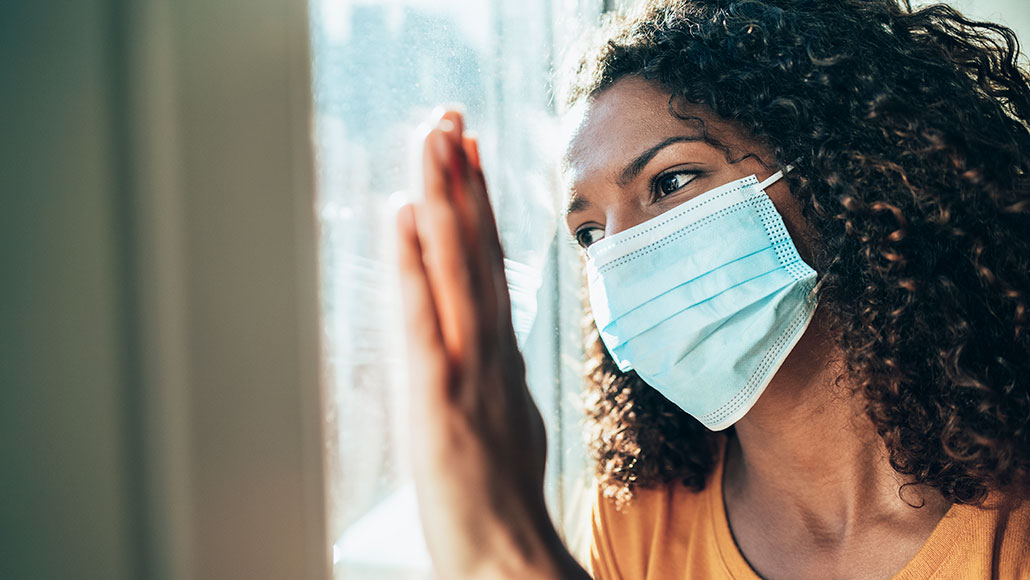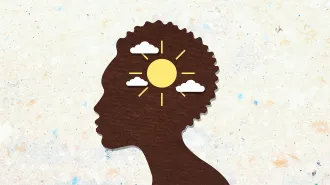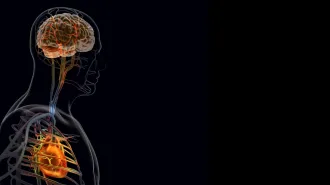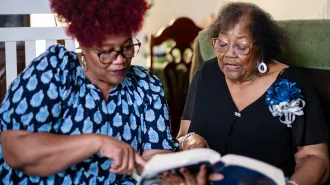Lonely brains crave people like hungry brains crave food
After being alone, people’s brains showed increased responses to pictures of other humans

Social isolation — something many people are experiencing during the COVID-19 pandemic — leaves people’s brains craving other people, showing that social aspects of a pandemic shouldn’t be ignored.
filadendron/E+/Getty Images







